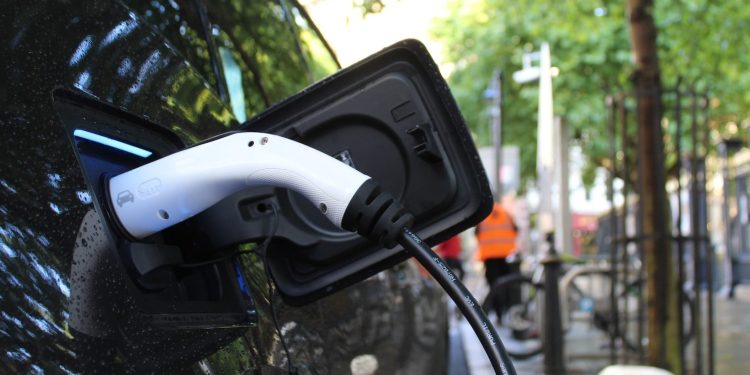Drive Electric report highlights key facts about NZ’s EV industry
Words: Harrison Wade
Drive Electric, a local not-for-profit organisation dedicated to increasing EV uptake, has released a new report detailing the current state of New Zealand’s electric transport system.
The report is titled ‘State of the Nation | E-mobility in New Zealand 2023’ and in it you’ll find a detailed breakdown of all aspects of the country’s EV industry, including charging infrastructure, sales trends, and electrification as it affects cars, planes, trains, trucks, and busses.
A few key facts include how electric car sales have increased by 730 per cent since 2017 and how the light EV fleet in New Zealand has increased 9.5-fold in the past five years.
Other highlights show how the Clean Car Programme has reduced the average emissions of newly registered vehicles by 21 per cent, while Wellington has the highest market share of EVs in the country, and Canterbury is home to the most public chargers.
With regard to public transport, approximately 24 per cent of all bus registrations in New Zealand were fully electric last year.
Finally, the report forecasts that by 2035 a household with two EVs will have 51 per cent lower energy bills.
“We are proud to release this report as it shows New Zealand has made considerable progress with the uptake of e-mobility particularly in the light fleet,” says Kirsten Corson, Drive Electric Deputy Chair.
Corson noted that the Clean Car Programme has contributed greatly to the country’s uptake of EVs, but she says there’s still lots more to be done.
“Despite the progress, EVs remain at around two per cent of the light fleet. Now is the time to double down, and strive for more than two million EVs on our roads in the mid-2030s,” added Corson. “The report also shows that we have to significantly advance charging infrastructure.
“As we decarbonise the economy, our demand for renewable energy will soar. This could be 60 to 70 per cent higher by 2050. We’ve got to make sure we can increase generation but also ensure our distribution infrastructure is ready to support this uptake.”
The report shows that electrifying heavy transport remains a challenge, with only 100 fully electric trucks currently on our roads. In response, Corson encourages the next Government to “get the settings right” for the future of zero-emissions transport in New Zealand.
“Globally, this report shows that e-mobility is the future. With our advantages of renewable energy, New Zealand is well positioned to take advantage of this technology and benefit financially and environmentally. Let’s invest and reap the rewards.”
A full version of the ‘State of the Nation | E-mobility in New Zealand 2023’ report can be found here.





